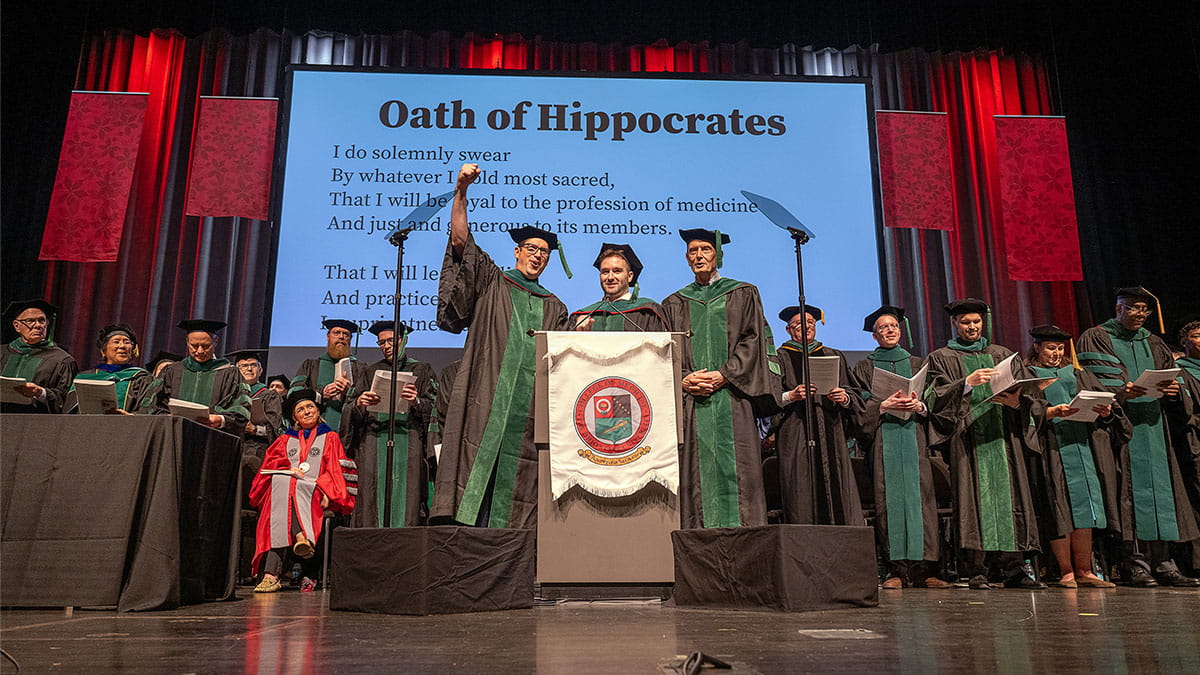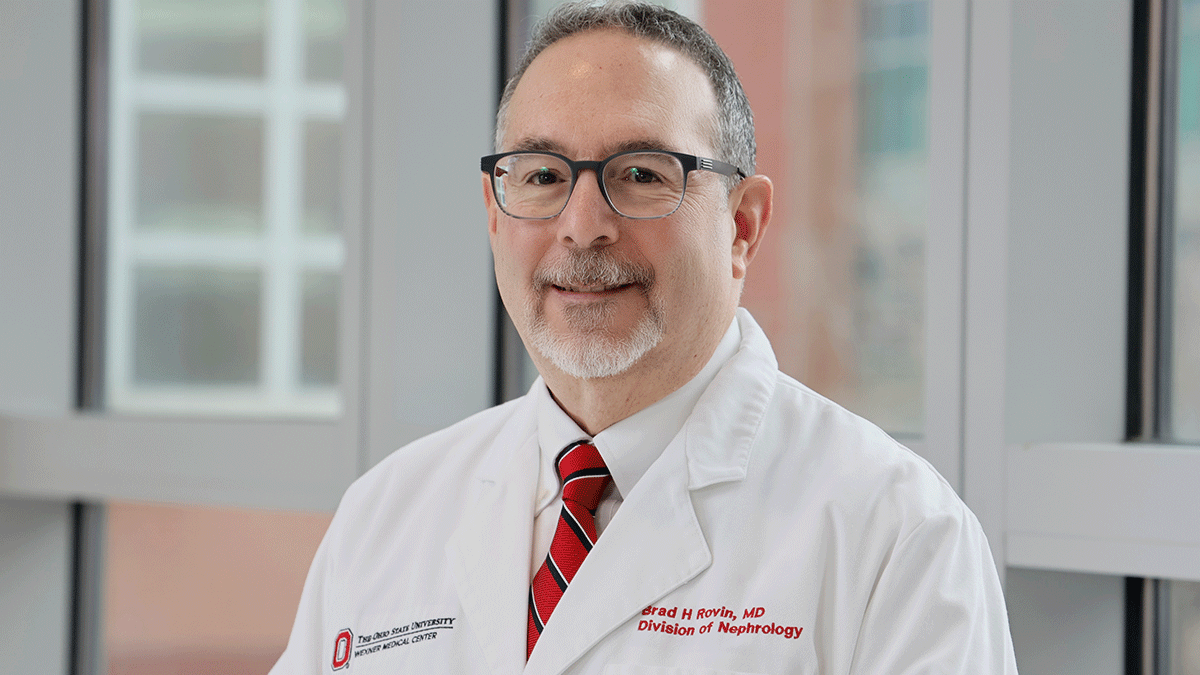Wellness initiatives help faculty, staff and learners weather personal and professional stressors

Health care workforce members and learners are part of high-stress and high-stakes careers that can encompass burnout. While to many, this may seem an inevitable outcome, The Ohio State University Wexner Medical Center has put in place preventive measures and procedures to attack this issue head-on.
Laxmi Mehta, MD, FACC, FAHA, FNLA, is a professor of Cardiovascular Medicine at The Ohio State University College of Medicine. In addition to her role as a noninvasive cardiologist, she serves as Chief Well-being Leader at the Ohio State Wexner Medical Center. She and her team help health care providers develop strategies for taking care of themselves, their team and their workplace and personal environments.
Their website provides a unified front of wellness initiatives, with a plethora of accessible resources ranging from conversations about setting boundaries to mental health and crisis resources. Her team encourages health care employees to implement changes, such as improving daily work technology with a virtual scribe tool and ensuring that all employees and learners can participate in Mindfulness in Motion — a program within the Center for Integrative Medicine that is designed to help staffers incorporate resilience and mindfulness into their daily movements.
“We cannot completely remove burnout, but we can reduce rates. But more importantly, how do we get people to feel professional and personal fulfillment in what they’re doing?” Dr. Mehta says. “That’s how I view well-being, because if you have some type of fulfillment, you can weather the difficult times.”
In addition, Dr. Mehta uses a two-pronged approach to help represent women, from both the patient standpoint and the physician’s perspective in cardiology. From a provider standpoint, women are the drivers of care, both in hospitals and within family structures.
“It is common for women, in the cardiology field especially, to downplay the risk of burnout,” Dr. Mehta says. “And this stigma that stems from that drives pressure.”
She says that since women typically, tend to care for others and ignore themselves, stress builds up and negatively impacts their mental and emotional heath. Large amounts of stress are one of the major causes of heart health complications, ironically impacting cardiologists on a personal level.
From the patient’s perspective, women often experience physical symptoms labeled as 'atypical,' which can lead to underdiagnosis and inadequate treatment, particularly in heart health. However, these symptoms are quite common—they only seem 'abnormal' because medical training has historically been based on male-centered symptom presentation. Dr. Mehta has raised awareness for women’s heart disease risks, symptoms and treatment, and for increasing the scientific understanding behind women with cardiovascular diseases.
These processes intertwine to create better representation for women in health care — not only in cardiology and other areas of heart health but across all areas, benefiting health care workers and caregivers.
“It is not just me. It is me as a team, a community, and as a system,” Dr. Mehta explains. “So, what can we do to make sure we are showing up for everyone in that system?”
National Healthcare Workforce Wellbeing Day was celebrated nationwide on Tuesday, March 18. The Ohio State Wexner Medical Center hosted presentations and discussions surrounding wellness and support. Dr. Mehta presented to health care employees and learners on wellness initiatives within the Wexner Medical Center.



